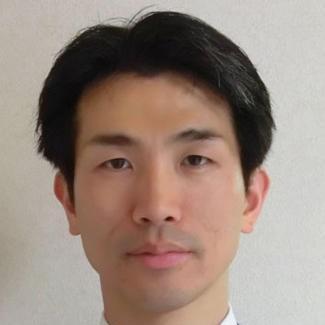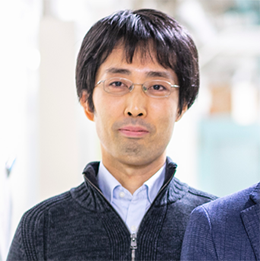Name/Position
Department/Specialty/Research Content
Thesis Advisor
-

Anatomy
Mechanisms of cerebral cortical development
We are interested in the cellular and molecular mechanisms of how the cells in the central nervous system, in particular the cells in the cerebral cortex, are born, migrate to their final destinations, develop unique structures such as layers, and finally form such a complex network to enable the various higher brain functions. We are also investigating how these developmental processes are disturbed by various perturbations.
Thesis Advisor:Master's
、 Doctoral -

Anatomy
Understanding the Formation of Vascular Networks
Unlocking the mysteries of the dynamics of how the blood vessel network is able to reach remote locations of the body using the latest imaging techniques. On this foundation, developing completely new molecular targeted treatments for cancer and ischemia, etc.
Thesis Advisor:Master's
、 Doctoral -
Ikue TaiAssociate Professor
Anatomy
Vascular Biology, Histology
Molecular basis underlying the structural and functional homeostasis of blood and lymphatic vesselsI employ genetically engineered mouse models in combination with microscopic dissection, histological analyses, and molecular biology techniques to elucidate the mechanisms that maintain the separation between blood and lymphatic vasculature, as well as lymphatic valve homeostasis.My research particularly focuses on meningeal lymphatic vessels, aiming to uncover the molecular pathways driving pathological changes associated with valve dysfunction.
-
-
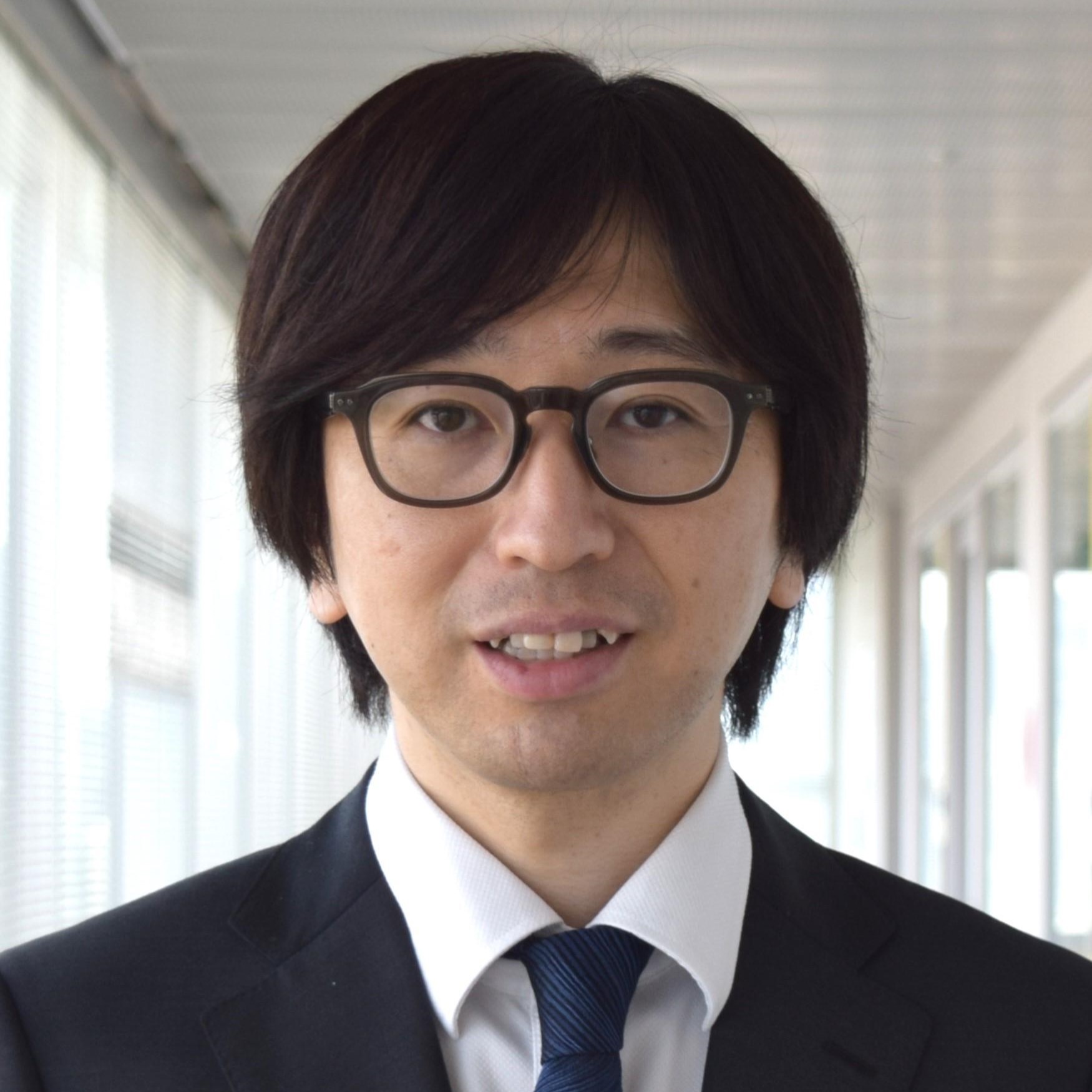 Hiroshi MakinoProfessor
Hiroshi MakinoProfessor
Physiology
Neural principles of natural intelligence in health and disease
Through interdisciplinary research integrating neuroscience and AI, we aim to decipher the neural mechanisms underlying various domains of natural intelligence in health and disease, exhibited both individually and collectively.
Thesis Advisor:Master's
、 Doctoral -
-

Physiology
Neural stem cell biology
Elucidating the mechanisms of spatio-temporal regulation of the self-renewal and differentiation potential of neural stem cells which provide the basis for the central nervous system histogenesis.
-

Pharmacology
Water Biology and Medicine: understanding of in vivo water dynamics and the roles of aquaporins
A double-sided analysis of the structure-function relationship of aquaporins (water channels) consisting of a biochemical approach and molecular dynamic simulations. Furthermore, researching aquaporin regulation mechanisms and high-order functions, and building a basis for drug development.
Thesis Advisor:Master's
、 Doctoral -

Pharmacology
Molecular pharmacology of Aquaporin
Investigating the molecular role of water channel ‘Aquaporin’ in pathogenesis of inflammatory disease, and propose a novel therapeutic strategy and target.
-
Pharmacology
Pharmacology of the Central Nervous System, Imaging
Understanding the pharmacology, physiology and pathophysiology of the brain through pharmacological characterizations of drugs working on the central nervous system. Analyses on the pharmacological properties of non-neuronal cells are being undertaken by utilizing non-linear optical imaging techniques in addition to molecular and cellular biological methods.
-
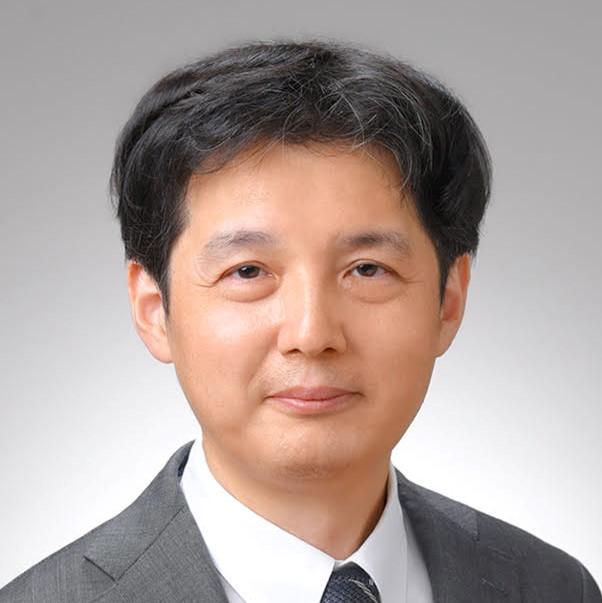
Biochemistry
Gastroenterology, Cancer biology, Regenerative medicine
We develop organoid culture protocol for a variety of tissue cells and are study how tissue cell behaviour in a biological context. We particularly focus on applying organoid technology to cancer research and regenerative medicine.
Thesis Advisor:Master's
、 Doctoral -

Molecular Biology
Human Germ Cell Development and Biology, Human Developmental Biology, Epigenetics
We study the molecular regulatory mechanisms underlying the development, differentiation, maintenance, and abnormalities of human early development and germ cells, such as eggs and sperm, which are essential for reproduction and pregnancy. Through this research, we aim to contribute to reproductive medicine, regenerative medicine, and aging-related medicine.
Thesis Advisor:Master's
、 Doctoral -

Preventive Medicine and Public Health
Public Health, Epidemiology, Occupational Medicine
My research focuses on integrating evidence and practice in public health, with the goal of preventing disease and promoting physical and mental health and well-being for all people through coordinated societal efforts.
Thesis Advisor:Master's
、 Doctoral -

Preventive Medicine and Public Health
Public health; lifestyle-related disease; epidemiology; nutrition; community medicine; international collaborative research
We are seeking to identify new biomarkers that predict incidence of lifestyle-related diseases, and also developing novel lifestyle modification (diet, etc.) that will prevent various diseases through large-scale cohort studies and international collaborative studies. Also we are performing regional intervention research through health training and community education, health policy making studies (Health Japan 21, Data Health), and establishing clinical guidelines based on epidemiologic evidence.
Thesis Advisor:Master's
、 Doctoral -
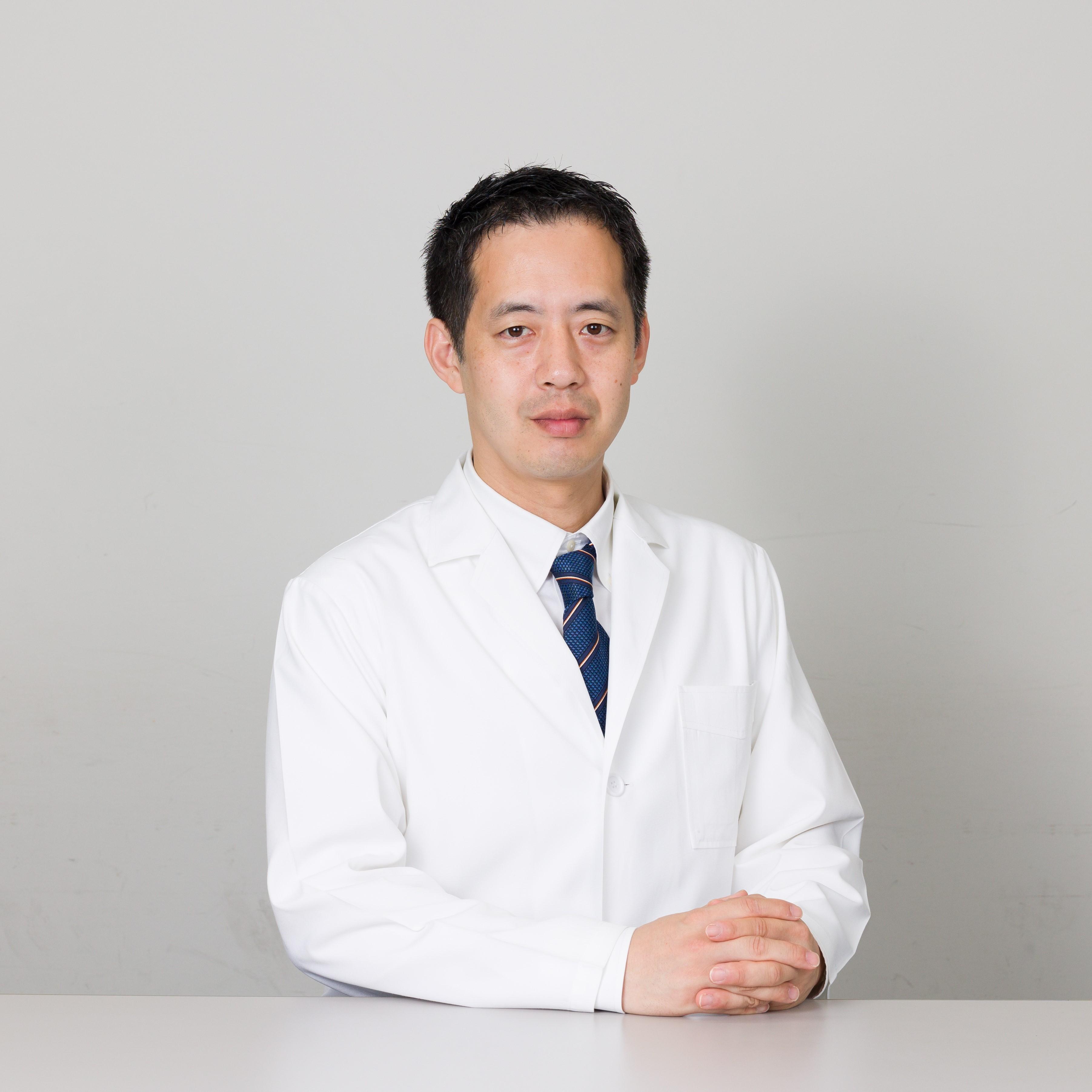
Department of Infectious Diseases
Infectious diseases, infection control, pulmonary infections, genetic susceptibility to infectious diseases
With the aim of elucidating factors contributing to the severity of infectious diseases and understanding host–pathogen interactions, as well as developing novel therapeutic strategies, we are conducting analyses using clinical specimens obtained from the bedside, followed by biological functional evaluation of the findings. In recent years, we have also expanded our research efforts to field settings in low- and middle-income countries, promoting global initiatives to combat infectious diseases.
Thesis Advisor:Master's
、 Doctoral -
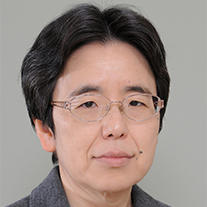
Pathology
Pathology; Cancer epigenetics; Integrative disease omics analysis
To participate in genome medicine and preventive/pre-emptive medicine by understanding the molecular mechanisms of diseases, therapeutic and diagnostic targets are explored based on integrative disease omics analysis, especially epigenome analysis, in human cancers derived from various organs, histopathologically-recognized precancerous lesions and cancer-prone metabolic and/or inflammatory disorders.
Thesis Advisor:Master's
、 Doctoral -
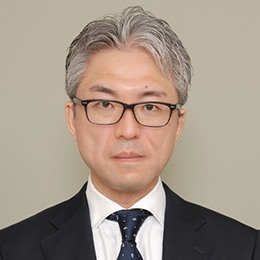
Pathology
Pathology
We are investigating molecular mechanisms that drive tumorigenesis, informed by histopathological examinations of human tumors. Our research particularly focuses on tumorigenesis of gastrointestinal tumors and those associated with hereditary tumor syndromes.
Thesis Advisor:Master's
、 Doctoral -
 Eri AraiAssociate Professor
Eri AraiAssociate Professor
Pathology
Pathology; Cancer epigenetics; Integrative omics analysis; Urogenital pathology
Elucidating the molecular mechanisms of human diseases (particularly malignant tumours) using molecular pathological methods and contributing clinical practice by evaluating disease risk, predicting prognosis, and developing new treatments.
-
-

Microbiology and Immunology
Immunology; microbiology; intestinal microbiota
Clarifying effects of the intestinal microbiota on the host physiology. Also investigating the mechanisms of host response to pathogens.
Thesis Advisor:Master's
、 Doctoral -
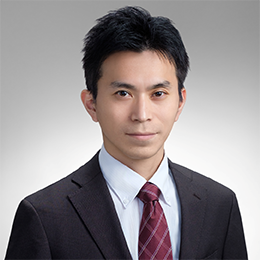
Microbiology and Immunology
Autoimmune diseases, immunogenetics, bioinformatics
We aim to elucidate the pathogenesis of autoimmune diseases and the underlying mechanisms of autoimmune responses through integrated analysis of big data such as multi-omics analysis. To achieve these objectives, we also aim to develop new experimental systems and analysis algorithms.
Thesis Advisor:Master's
、 Doctoral -
Microbiology and Immunology
Gut microbiota, Immunology, Microbiology, Metabolism
Identifying and isolating the intestinal bacterial strains that can affect the host physiology such as immune system and metabolism, and clarifying the mechanism of action. Also researching the metabolisms by gut microbiota.
-

Legal Medicine
Forensic pathology; sudden death study
Investigating the pathogenesis and predisposition of sudden unexpected death syndrome in young Asian males by performing genetic and comparative epidemiological studies. Establishing objective diagnosis methods in forensic medicine.
Thesis Advisor:Master's
、 Doctoral -

Health Policy and Management
Health policy and management; Quality of healthcare; Epidemiology; Evaluation; Social science method
Health policy research and clinical research for i. Quality improvement initiative, ii. Healthcare technology/diagnosis/treatment innovation , iii. Sustainable, optimal healthcare system.
Thesis Advisor:Master's
、 Doctoral -

Biostatistics
Biostatistics Genetic epidemiology
Focusing on clinical research practices and methodologies, we are actively involved in the study of data collection, evaluation, and the development of statistical methods. Furthermore, through the analysis of human genetic information and the development of statistical methodologies, our goal is to elucidate diseases and establish personalized medicine.
Thesis Advisor:Master's
、 Doctoral -

Department of Signal Exploration,The Sakaguchi Laboratory
Signal Exploration
We investigate the three-dimensional structure and function of GPCRs to elucidate the mechanisms of signal transmission across cell membranes. By utilizing cryo-electron microscopy and next-generation sequencing, we identify novel interactions and comprehensively explore receptor mechanisms from both structural and functional perspectives.
Thesis Advisor:Master's
、 Doctoral -

Department of Biomedical Informatics and Molecular Biology,The Sakaguchi Laboratory
Cardiology, Bioinformatics, Machine Learning, Preventive Medicine, Molecular Cardiology
We conduct research using bioinformatics and machine learning techniques to elucidate disease mechanisms and develop novel therapies for cardiovascular diseases such as heart failure and atherosclerotic disorders. In particular, we focus on approaches like single-cell omics and AI-based image analysis.
Thesis Advisor:Master's
、 Doctoral -
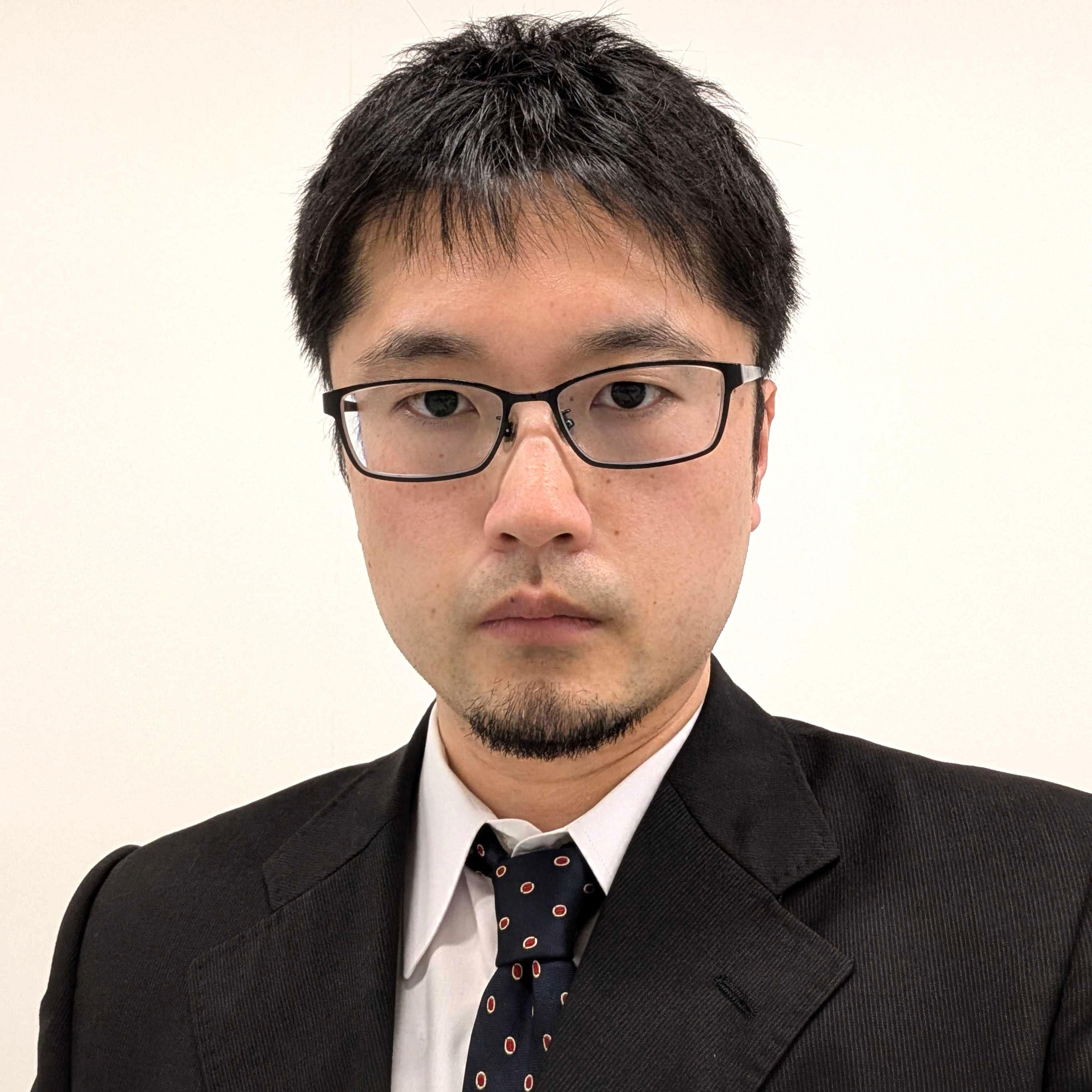
Department of Epigenetics and Stem Cell Biology,The Sakaguchi Laboratory
Epigenetics, Molecular Biology, Preimplantation development
The aim of our study is to elucidate the molecular mechanisms underlying "totipotency", a unique ability of fertilised embryos. In particular, we are focusing on the specific pattern of DNA replication found in totipotent cells and elucidating its relationship to their higher plasticity.
Thesis Advisor:Master's
、 Doctoral
Related Links

